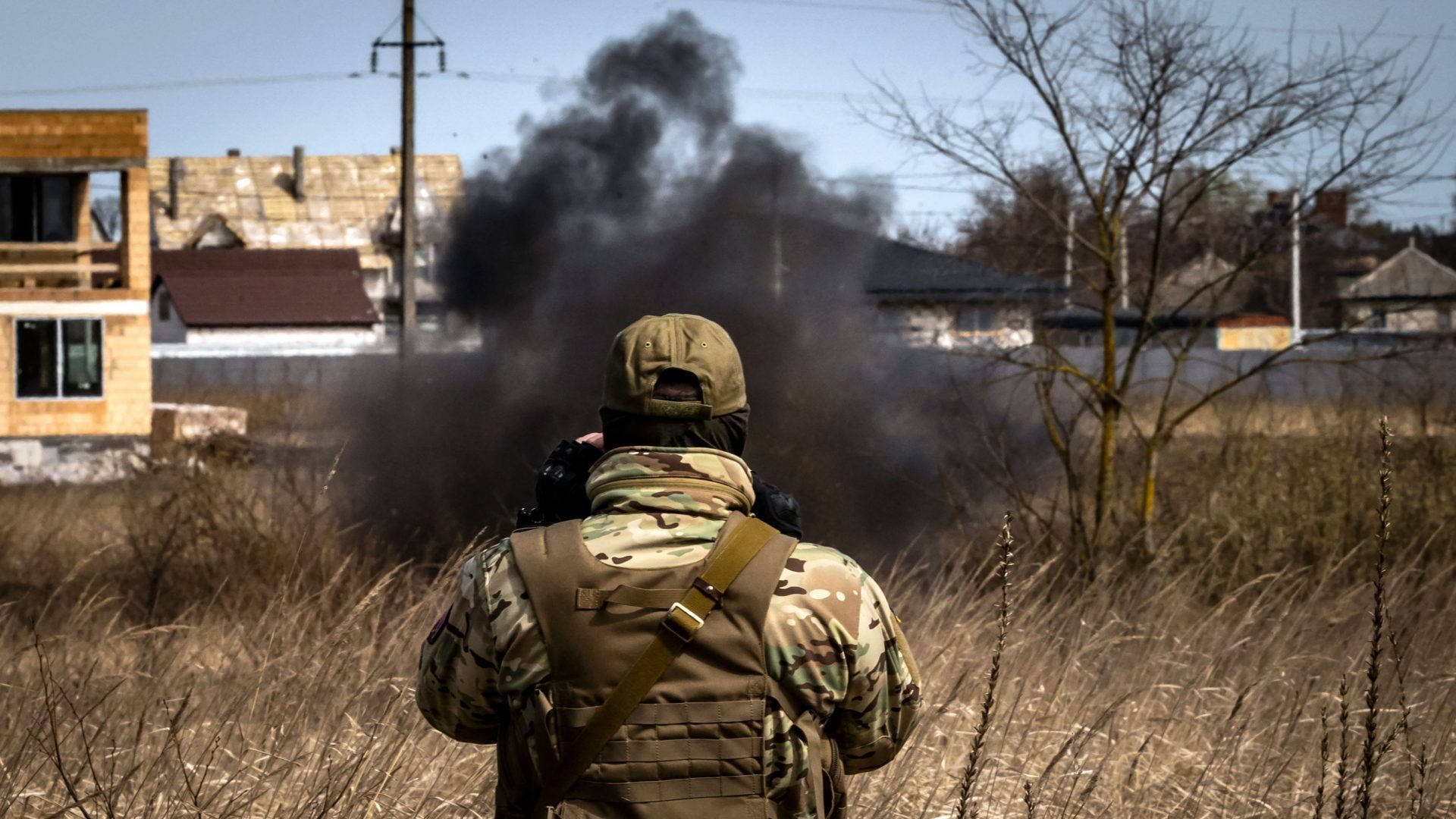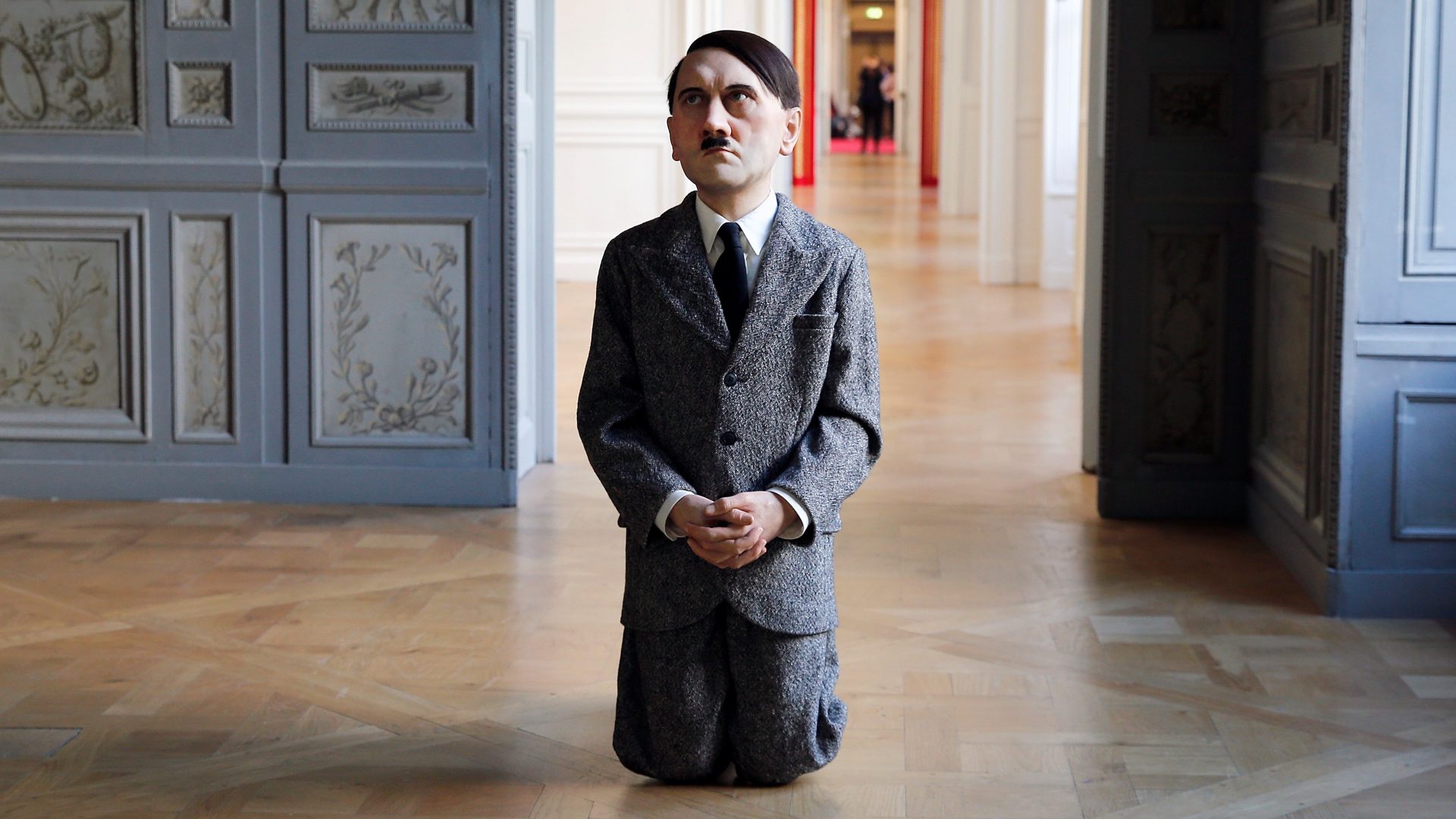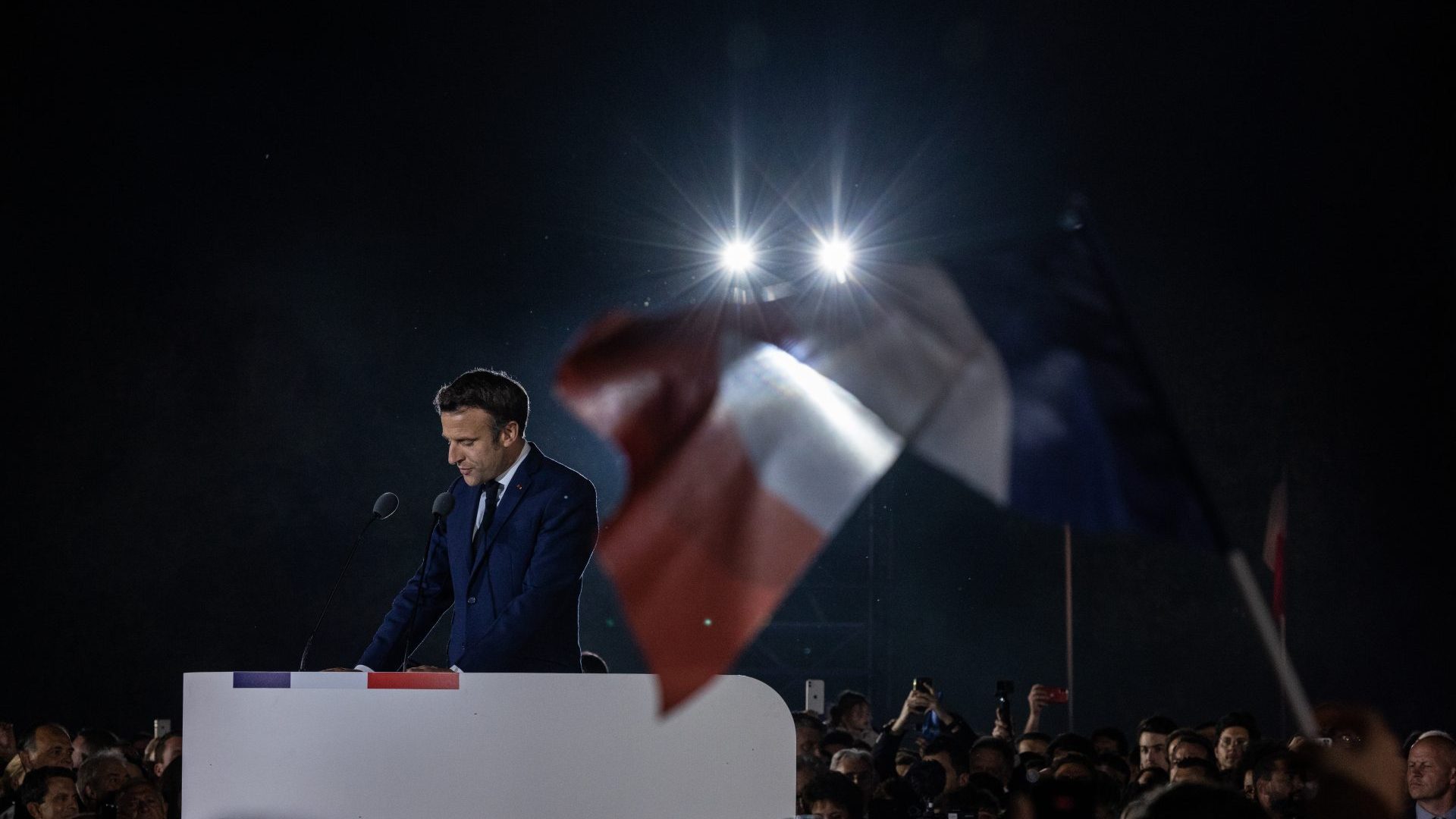On February 25, as he returned from a top-secret mission to Kyiv, the US defence secretary Lloyd Austin redefined America’s aims in the Ukraine conflict. “We want to see Russia weakened to the degree that it can’t do the kinds of things that it has done in invading Ukraine,” he said, adding that the US wants to see Ukraine survive as a sovereign state with the capability to defend itself.
That is a long way from where anyone in western politics started, more than two months ago. For the first few weeks of the conflict, the US position looked like “crisis management”. With Nato powerless to intervene – because neither the electorates nor the politicians of key countries want to – its aims were limited to punishing Russia with sanctions, managing the negotiations and dealing with the refugee crisis.
What changed? First, the Bucha massacre, which showed the world what would happen behind the lines of any territorial gains by Russia: rape, torture, abduction, execution and looting. No one has yet invoked it, but in 2005 every UN member signed a pledge recognising its “Responsibility to Protect” civilians faced with genocide, in cases where their own state could not protect them.
Second, the realisation that Ukraine could not just defeat Russia tactically, but achieve what the military call “operational victory”. Vladimir Putin launched an operation to surround Kyiv and topple (or kill) Volodymyr Zelensky; the operation was defeated.
The next phase would be an operation to take the whole of Donetsk and Luhansk – industrial regions in eastern Ukraine partially captured by separatists, and to hold a land bridge along the Azov Sea coast to Crimea.
As more and more European states pledged to supply heavy arms from their old, ex-Soviet inventories (which the Ukrainians know how to use) it became rational to hope for a second operational victory in the Donbas. If the West could supply enough tanks, artillery and the radars and drones to target the advancing Russian force, Ukraine could inflict serious damage in phase II. In the next few weeks we will find out if that succeeds. If it does, however, Putin still has strategic capabilities up his sleeve. Everyone I speak to on the inside of defence, diplomacy and Russian studies fears that Putin might drop a tactical nuclear weapon on Ukraine.
It’s strange, as we watch the Premier League finale, and the Royal Jubilee and the cricket season get under way, to consider it could all be blasted into insignificance with a sudden move by an unchecked, totalitarian maniac. But as the insiders furrow their brows over this problem, so should we.
Since I left Kyiv, 36 hours before the first bombs fell, I’ve supported Ukraine’s right to resist. The attack is illegal under international law; doubly illegal because it involves systematic criminality – and for those concerned in the rights of workers, women’s organisations, minorities and human rights activists, there’s a third reason to support Ukraine: no such rights exist in Putin’s Russia.
The railway workers I met in Kyiv are resisting under shellfire, moving refugees in one direction, arms and humanitarian aid in the other. Some of the young left activists with whom I shared pizza and 7 Up are now at the front in uniform.
But I can understand the worry of people in the West as they see the US ratchet up its war aims. Permanently weakening Russia, so that it cannot ever attack this way again, is a big commitment; so is guaranteeing the territorial sovereignty of Ukraine. We are a long way from the “disarmed, neutral” Ukraine that was on the negotiating table in early March.
And the reason for this is clear. Russia has shown itself beatable. It could very easily emerge from this war with a shattered and demoralised army, a disgraced political elite and a population facing unemployment and bankruptcy.
Since its leaders have threatened to nuke us unprovoked, that is a rational goal for the western democracies to pursue. To make it happen, we need an outburst of political courage and engagement among the electorates.
If Germany’s Olaf Scholz is worried about provoking a nuclear strike, that is because the voters who put him there are worried. If Spanish and Belgian left MPs want to halt arms supplies to Ukraine, it is – in part – because the voters who support them accept the pacifist argument that “arms only prolong the suffering”.
There is, in short, the same kind of fear, defeatism and desire for appeasement among parts of the electorate as there was over Hitler in the 1930s. Nobody in their right mind wants war, and it is rational to think that – so long as the threat is not close – maybe it’s not your fight.
But it is our fight. Putin’s stated aim is to destroy western democracy. If he is able to smash a democracy of 41 million people and cancel the existence of their national identity, the only rational question is: who’s next?
So America’s aims are realistic, and they coincide with ours.
To shorten the war we need to go on arming, training and supplying the Ukrainians. We should resist the “No Arms to Ukraine” movement being built by Putin’s allies and admirers. We should respect the agency of Ukrainians – a people who are showing the rest of us how precious democracy and sovereignty are.
But we need to offer Russia something better than a future of military weakness and geopolitical disgrace. The Russian people need a new national story of democracy and self-esteem – a story they write themselves.
Unfortunately the route to it lies through two objectives: the survival of Ukraine and the substantial debilitation of the Russian military




